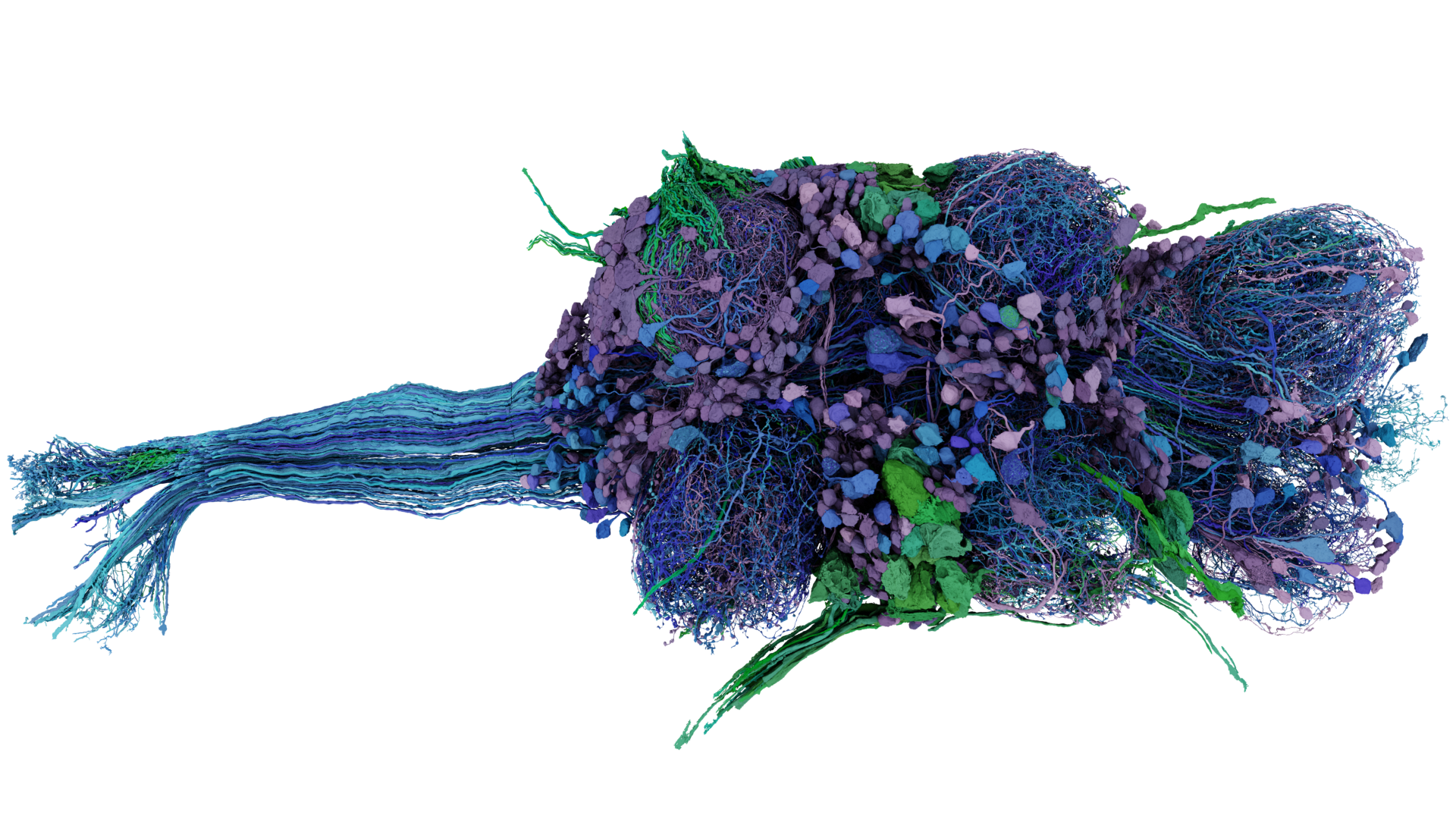Jane Sullivan and her colleagues describe a new function of presenilin-1 in their paper in the latest issue of Nature Neuroscience. Mutations in presinilin-1 are known to cause Familial Alzheimer’s Disease but the mechanism has remained elusive. This paper provides evidence that presenilin mutations impair the ability of neurons to recalibrate to changes in network activity. The results suggest that subtle deficits in synaptic function occur long before overt symptoms of disease pathology. The molecules responsible for these deficits are promising therapeutic targets for the early stages of Alzheimer’s.
For an interesting commentary and perspective on this research and its potential impact on understanding Alzheimer’s Disease, please see the discussion on the Alzheimer Research Forum.

